Category:Poverty & Inequality

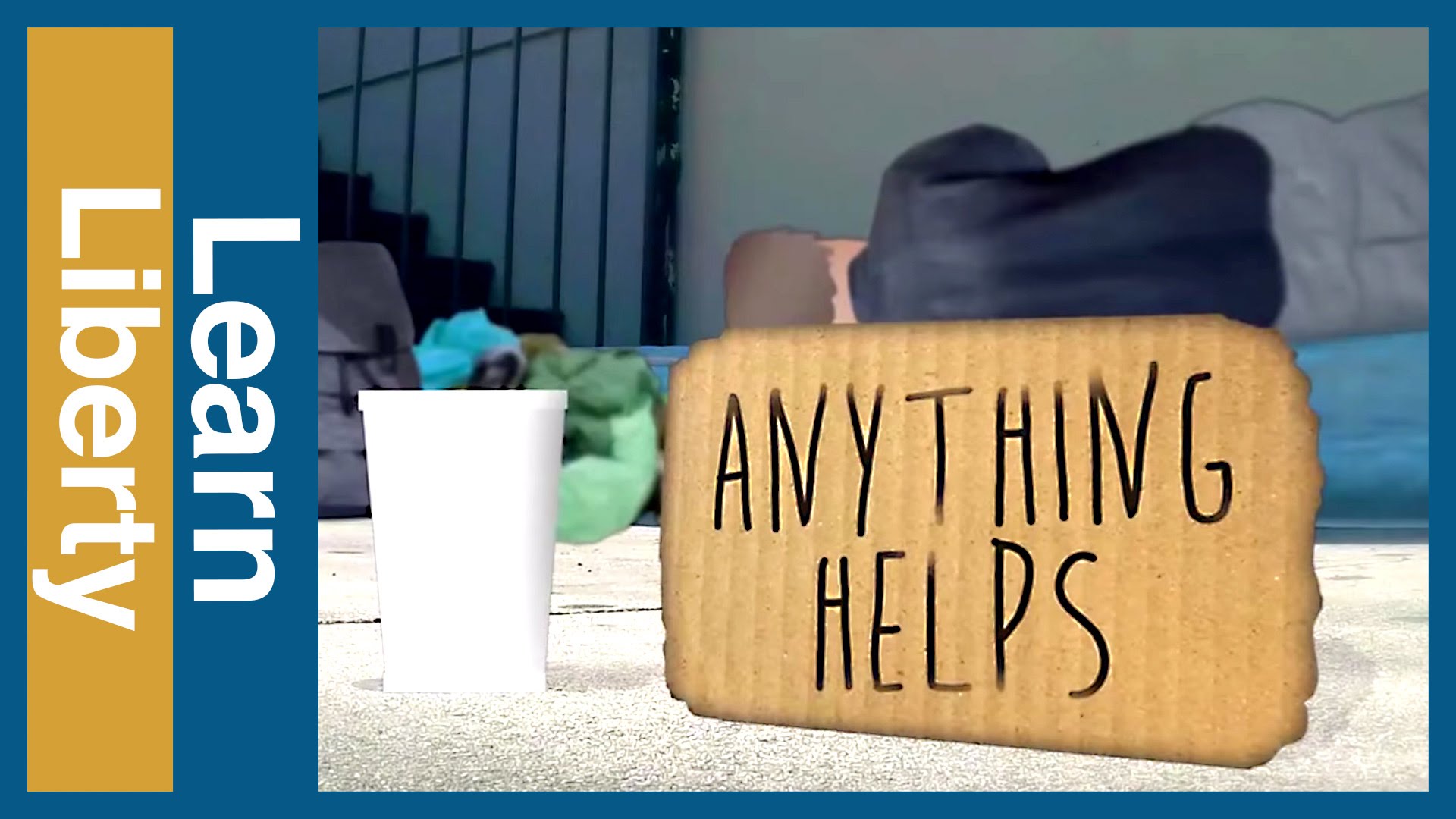
World Poverty: Can We End Poverty Overnight?
August 20, 2015 | Video
Americans make up around four percent of the world population and yet they control over 25% of the world’s wealth. If that wealth were shared evenly across the globe, couldn’t we solve the problem of global poverty overnight? Learn more: The answer unfortunately is no. Sharing one’s wealth with those who have less is admirable […]

Poverty: Moral Dilemma – Why You Might NOT Save A Child From Drowning
August 13, 2015 | Video
Would you lose $500 to save a drowning child? We explore a thought experiment that just may save someone’s life. Learn more: bit.ly/1Elqazl Imagine you’re walking to work in the morning down a quiet rural road to the side of the road there’s a pond and pass by every day. Only today, something is different. […]
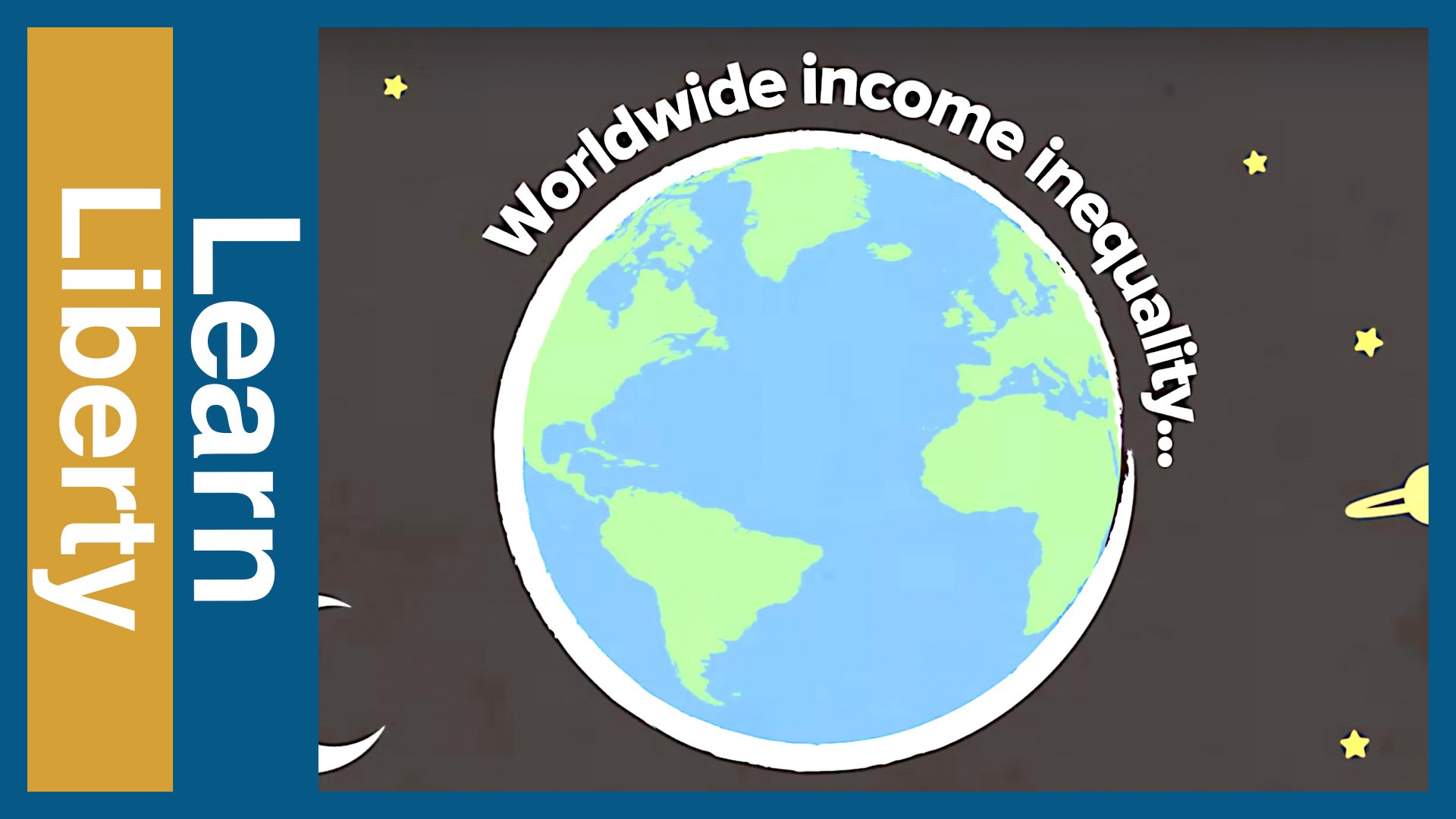
Trading Away Income Inequality: the Effects of Globalization
May 21, 2015 | Video
Income inequality in America is a serious issue. People are worried about a widening gap between the rich and the poor in the United States. But is the global story the same? Professor Tyler Cowen tells how, globally, income inequality worldwide is on the decline. Thanks to globalization and free trade, the world is richer, […]
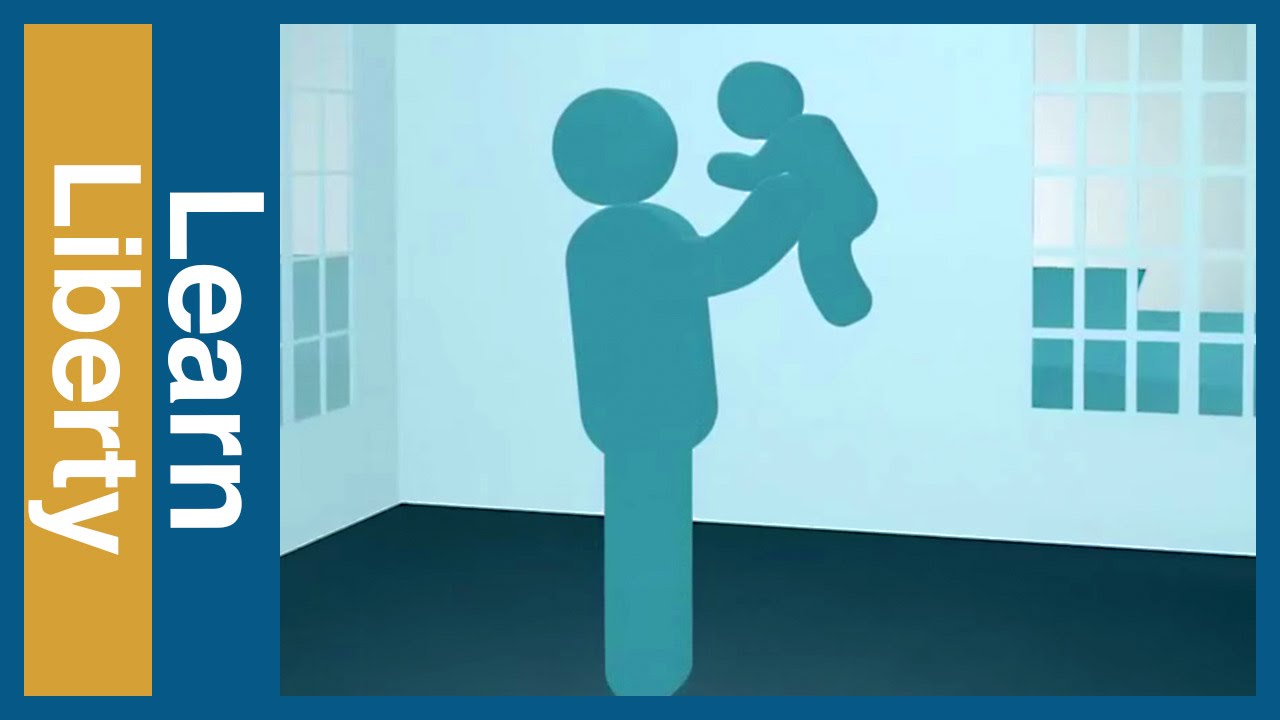
Choice and Change: How to Close the Gender Gap
August 21, 2014 | Video
What holds women back from achieving the same level and consistency of success in the workplace as men? Discrimination, culture, and access to education are all factors which need to be addressed – but they aren’t the whole story. What’s often left out of this important discussion is an examination of the choices that men […]
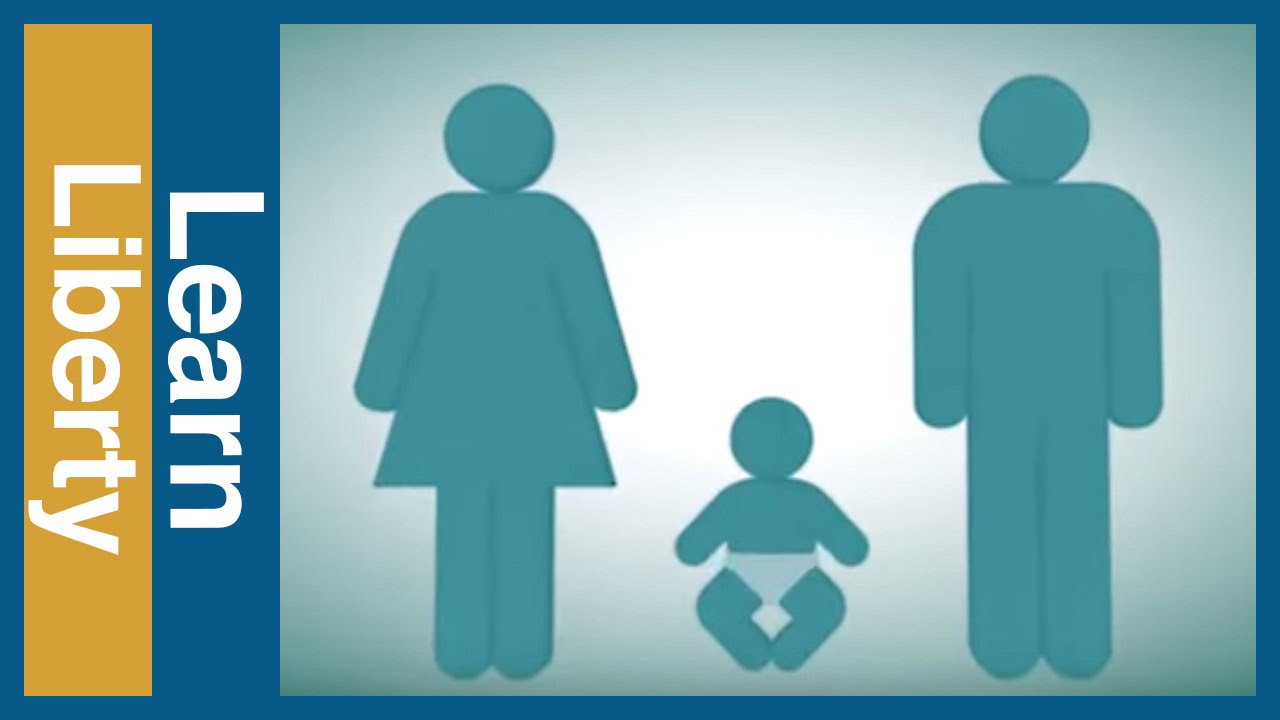
Bridging the Gender Gap: The Problems with Parental Leave
August 19, 2014 | Video
While it sounds good on paper, mandated maternity leave doesn’t always achieve what it’s created for. Even mandating paternity leave has its own complications. The truth is that, while women are temporarily away, their career goals and advancement opportunities can be permanently stunted. Policy mandates, in practice, can be inefficient; in the worst cases, they […]

The Costs of Brazil vs Germany: Protest and Poverty at Brazil’s World Cup
June 27, 2014 | Video
Brazil gained prestige in landing the World Cup and Olympics, but sometimes hosting a major global event isn’t as glamorous as it seems. For a start, it’s difficult to justify massive spending — Brazil plans to spend $31 billion between the two — for such a temporary payoff. . Many venues created for these events, […]

Working More to Earn Less | Why the Poor Stay Poor
May 27, 2014 | Video
You may have heard the term “poverty trap” – the notion that the poor are stuck at the bottom. What if someone told you that our welfare system exacerbates this cycle by punishing the poor for working more? Prof. Sean Mulholland argues that this is happening every day. Well-intentioned welfare programs drastically decrease benefits at […]
Why Does 1% of History Have 99% of the Wealth?
April 29, 2014 | Video
For nearly all of human history, most people were very, very poor. But something happened after 1800. Average wages began to rise. For example, in the past 200 years, the average wage in the United States has gone from $3.00 per day to over $120.00 per day—and that’s adjusted for inflation. Why the sudden change? […]
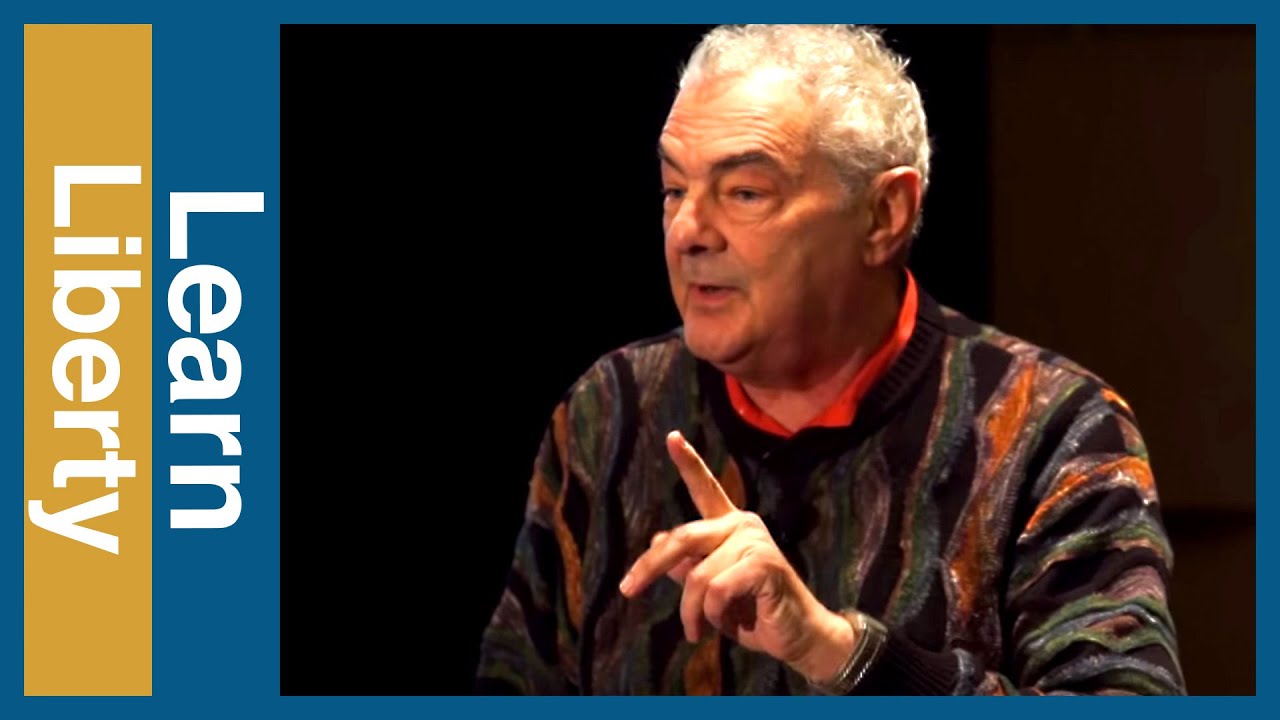
Is Fixing Inequality A Matter of Justice?
February 18, 2014 | Video
The question of how to address poverty in the United States is complicated. Steven Horwitz, chair of the department of economics at St. Lawrence University, and Jeffrey Reiman, professor of philosophy and religion at American University, debate the level of government assistance that should be given to help the poor. In this clip, Prof. Horwitz […]

Debate: What To Do About Poverty
January 20, 2014 | Video
This Learn Liberty debate presents arguments for and against more government assistance to help the poor in the United States. Prof. Steven Horwitz argues that the government has created too many problems and that lifting government-imposed barriers to the poor will go a long way toward solving the problems of inequality in the United States. […]

Stealing from the Poor to Give to the Rich: An Anti-Robin Hood Story
January 7, 2014 | Video
Have you ever thought much about property rights? Many believe ownership protections primarily favor the wealthy, but it turns out that the wealthy and politically connected actually benefit more when ownership is vulnerable. Without strong property rights, those with the power are able to take property from those who lack such political connections. In places […]
When Capitalism Fails (Why Won’t Anyone Think Of The Children?)
December 13, 2013 | Video
The question of how to address poverty in the United States is complicated. Steven Horwitz, chair of the department of economics at St. Lawrence University, and Jeffrey Reiman, professor of philosophy and religion at American University, debate the level of government assistance that should be given to help the poor. In this clip, professors Horwitz […]

How to Fight Global Poverty
October 18, 2013 | Video
Have you heard the news? The number of people living in abject poverty—defined as living on less than $1.25 per day—has been halved since 1990. How did that happen? Prof. Stephen Davies explains that extreme poverty has been on the decline in part because two of the world’s most populous countries, China and India, have […]

Combating Global Poverty with a Cup of Coffee
July 12, 2013 | Video
Millions of people in the developing world struggle to survive on just a couple of dollars a day. Fair trade claims that buying fair-trade labeled coffee is a way to help the poor. But is it the best way? Professor Colleen Haight has been researching fair-trade for the past 10 years; she’s also spent time […]
What Wasn't Said in "Wealth Inequality In America"
March 8, 2013 | Video
Wealth inequality may be REAL, but is it FAIR? And what does it mean for a society to be fair? Learn Liberty asked these questions to two professors — a libertarian (Professor Steve Horwitz), and an opposing philosopher (Professor Jeffrey Reiman) — in a debate on inequality in America. See the full debate: http://lrnlbty.co/YReLRm The […]
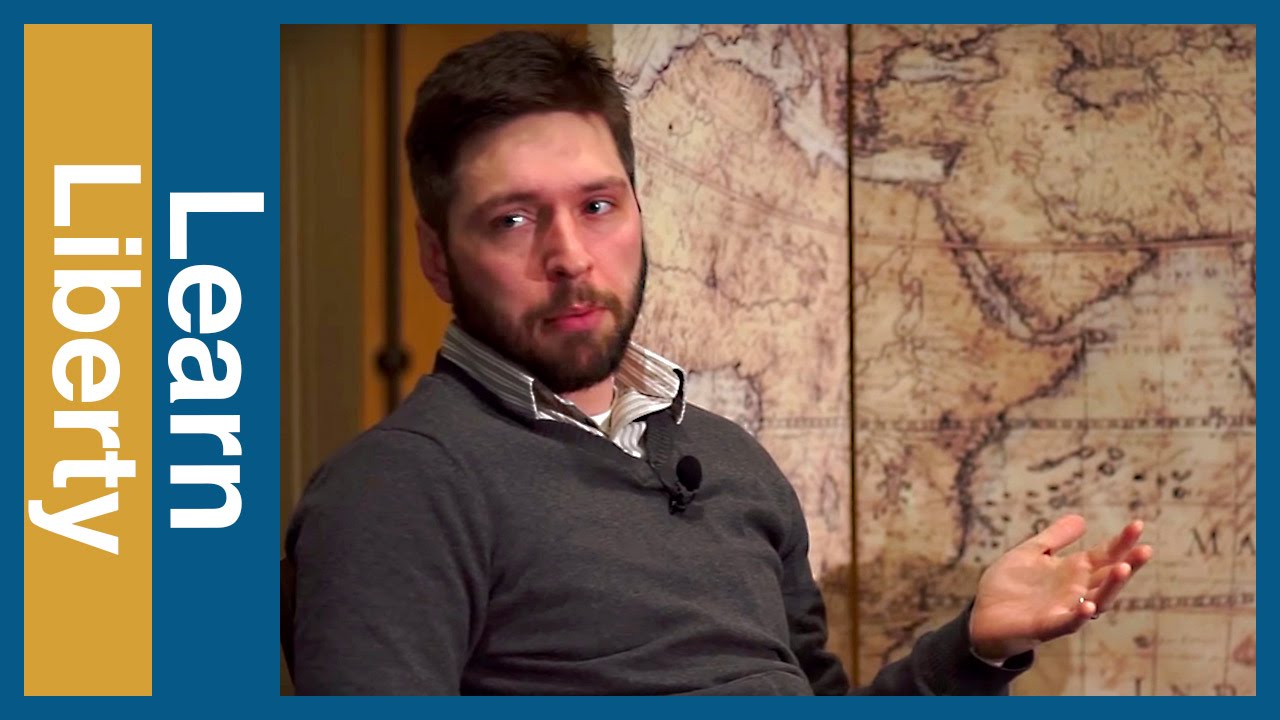
Debate: Is There Too Much Inequality?
March 8, 2013 | Video
Wealth inequality may be real, but is it fair? And what does it mean for a society to be fair? Learn Liberty asked these questions to two professors — a libertarian (Professor Steve Horwitz), and an opposing philosopher (Professor Jeffrey Reiman) — in a debate on inequality in America. The distribution of wealth in America […]

Is There Income Mobility in America?
December 20, 2012 | Video
We often hear that the rich are getting richer and the poor are getting poorer. While a surface-level examination of U.S. households by quintile from 1967 to 2009 would seem to support this claim, Professor Sean Mulholland uses other data to show that this measure overlooks two vital pieces of information that should concern those […]

What’s Right about Social Justice?
December 14, 2012 | Video
What if libertarians and classical liberals were wrong and the free-market system actually did make the rich richer and the poor poorer? Would that change their support of those ideas? Professor Matt Zwolinski expects that it would. This implies that most proponents view how the poor fare under free-markets as more than just an attractive […]

Social Justice and Its Critics
November 30, 2012 | Video
Many argue that we should do more for the poor as a matter of social justice. In some cases, they mean we should use our own time and resources to assist those in need, but more often they mean the government should enact policies that try to help the poor in various ways. Meanwhile, many […]

Top 3 Ways Sweatshops Help The Poor Escape Poverty
June 7, 2012 | Video
Should sweatshops around the world be shut down? What might we say if we looked at sweatshops from the perspective of the world’s poor? While it may be true that sweatshops treat workers unfairly, Professor Matt Zwolinski says there are three points to be made in defense of sweatshops. The exchange between the worker and […]

Does the Minimum Wage Hurt Workers?
April 9, 2012 | Video
Some politicians argue that raising the minimum wage helps the poor and disadvantaged. While this may appear to be the case on the surface, economics professor Antony Davies explains that the common view of the minimum wage overlooks one important detail: The minimum wage does not force employers to pay a particular wage to every […]

The Real "Truth About the Economy:" Have Wages Stagnated?
January 31, 2012 | Video
Prof. Don Boudreaux responds to “The Truth About the Economy,” a recent video featuring former Labor Secretary Robert Reich (http://lrnlbty.co/z0ACuH). In the video, one of Reich’s key points is that most people’s wages have barely increased since 1980. However, when Reich’s numbers are examined in greater detail, his claim does not hold up. If you […]

Equality as an Ideal
January 30, 2012 | Video
Prof. Mark LeBar considers what kind of social or political ideal we ought to have, with a specific focus on equality. There are numerous types of equality, and philosophers tend to be concerned with what LeBar refers to as normative equality, which is concerned with how we as individuals ought to treat others. Within the […]

Rawls and Nozick on Liberty & Equality
September 16, 2011 | Video
Prof. James Otteson discusses the philosophers John Rawls and Robert Nozick, and their different views on liberty and equality. Rawls considered equality to be the moral benchmark for all social and political institutions, and felt that any deviation from equality must be specially justified. Nozick, on the other hand, considered liberty to be the more […]

